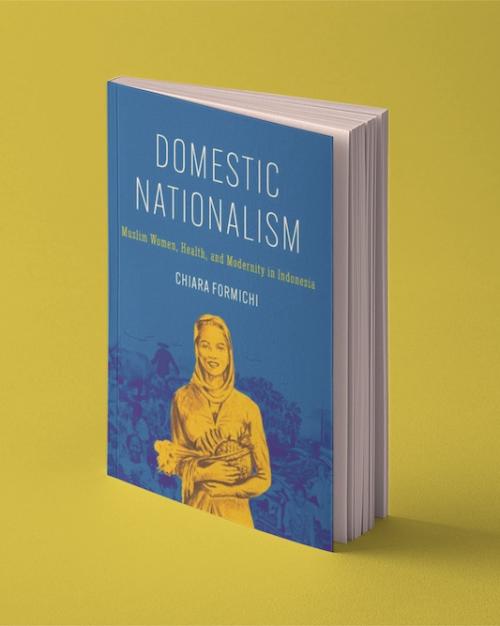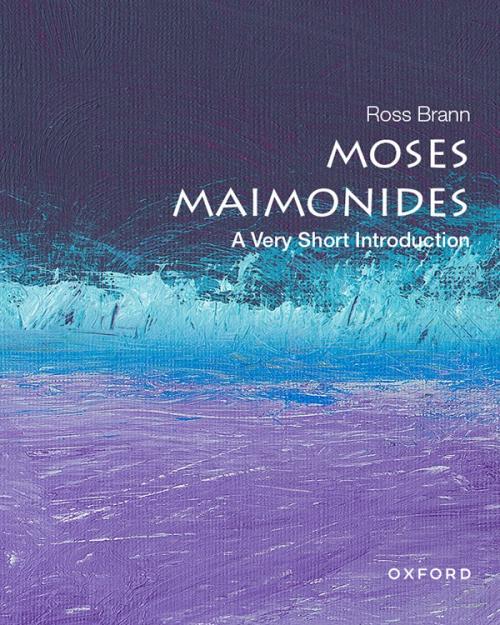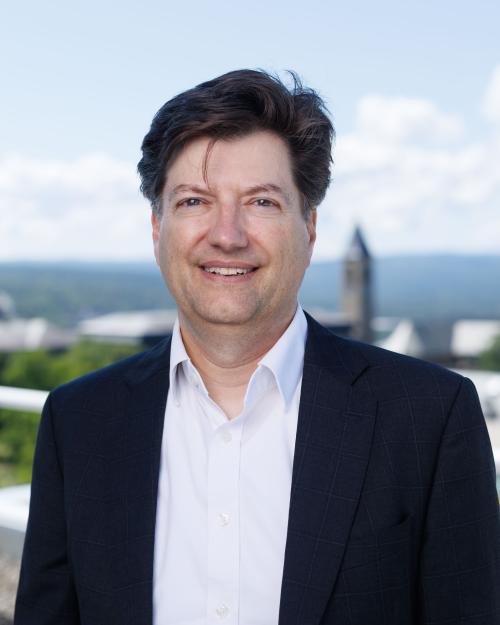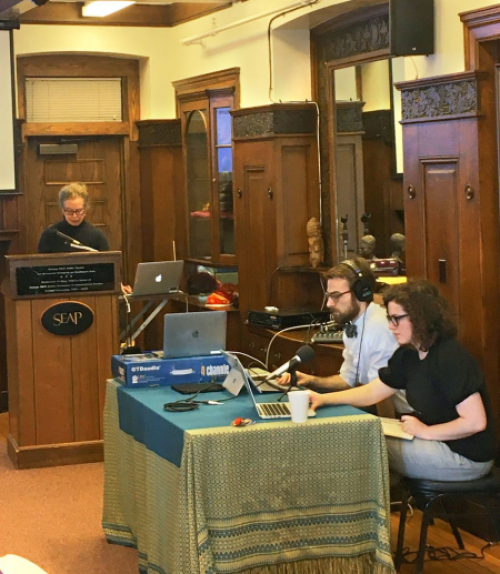As Cornell suspended classes and organizations around the world canceled events amid the coronavirus pandemic, students organizing the 22nd annual Southeast Asia Program (SEAP) graduate student conference faced a difficult call.
The planning committee, chaired by Ph.D. student Bruno Shirley, made the decision to shift to a virtual meeting after President Martha E. Pollack’s announcement on March 10, just as graduate students from Southeast Asia and across the United States were preparing to board planes to Ithaca. It was a strange twist for a conference titled Engendering Migrations: Southeast Asia.
“We managed to catch almost everyone before they traveled,” Shirley said. “One participant got our email on the way to the airport.”
Thanks to robust contingency planning by the Southeast Asia Program (SEAP), part of the Mario Einaudi Center for International Studies, participants from around the world engaged with 20 student presentations, with live chat and Q&A sessions, during the March 13-15 event.
Powered by “buckets of coffee,” a skeleton crew of SEAP graduate students, faculty and staff ran the conference from an impromptu broadcast center at Cornell’s Kahin Center, the conference’s usual campus home. The six-person planning committee broadcast for more than 16 hours across the weekend.
Moderators took shifts running individual panels; the team monitored social media, emails and Zoom’s chat function to keep the community engaged and the event running smoothly. Coronavirus-related disruptions at their home institutions sent many presenters scrambling, but only two were unable to join their panels live.
“The livestream format worked better than we ever expected,” Shirley said. “We were able to extend the reach of our conference, with friends and alumni dialing in to watch panels from across the world.”
Participants called in from as far away as Istanbul, Singapore and Berlin. All presenters normally based in Southeast Asia presented from elsewhere, Shirley noted.
“Even for those of us who had some experience with video conferencing, none had attempted anything on this scale before,” Shirley said. “But any conference is a community effort, and our SEAP community rallied behind us in support.”
The conference’s greatest success was in replicating – as much as possible – the sense of community it has engendered in past years. Using Zoom’s chat function to keep a stream of comments and questions going throughout the panels created the atmosphere of a connected audience, despite the necessary social distancing.
“Although we missed the communal aspects of sharing meals and hallway chats, the organizers provided us with an opportunity to learn from one another,” said Tom Pepinsky, SEAP’s interim director. “As we consider future conferences in our current public health environment, we know from the SEAP experience that it is possible to hold a fantastic virtual event even when travel and in-person gatherings are impossible.”
As Cornell gears up for the rest of the semester’s virtual instruction, this might be reassuring news. With coordination and motivation, Cornell can remain connected despite the physical distances that divide our community.
Said Shirley: “While no remote system can ever replace in-person communication and education, running a sectional or even a language class through a Zoom call just doesn’t seem that daunting anymore.”
Sheri Englund is associate director of communication for International Affairs. Priya Pradhan ’22 is a writing intern at the Mario Einaudi Center for International Studies.





